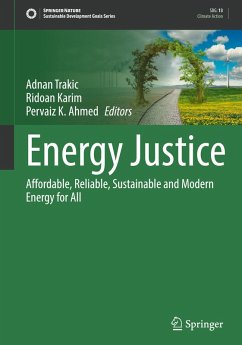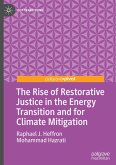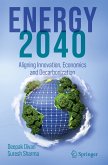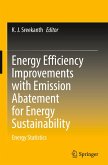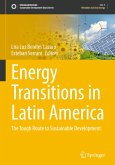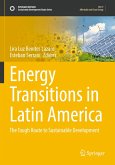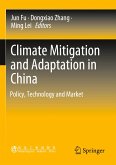This book delves into the pressing issue of energy justice as it relates to SDG 7 and its far-reaching implications for society. With a comprehensive exploration of various aspects, from reducing energy burdens to political considerations, environmental justice, and human rights, this thought-provoking collection of chapters offers a profound understanding of the challenges and potential solutions surrounding energy justice.
Starting with an introduction to the concept of energy justice and its significance, the editors lay the groundwork for an engaging discourse. The book then delves into the disproportionate energy burdens faced by low-income communities, shedding light on the difficult choices they must make to meet their basic needs. It further examines the intricate interplay between energy justice, politics, and environmental concerns, striving to find a harmonious balance.
Drawing from a diverse range of perspectives, the chapters explore the intersection of energy justice with human rights, analyzing its implications for countries worldwide. The book also investigates the influence of disruptive events on renewable energy programs, presents an Islamic perspective on energy justice, and highlights the roles of the financial sector, fossil fuel industry, nuclear energy sector, and energy technology innovation in mitigating energy injustice.
Chapter 'The Role of the Financial Sector in Energy Justice' is available open access under a Creative Commons Attribution 4.0 International License via link.springer.com.
Starting with an introduction to the concept of energy justice and its significance, the editors lay the groundwork for an engaging discourse. The book then delves into the disproportionate energy burdens faced by low-income communities, shedding light on the difficult choices they must make to meet their basic needs. It further examines the intricate interplay between energy justice, politics, and environmental concerns, striving to find a harmonious balance.
Drawing from a diverse range of perspectives, the chapters explore the intersection of energy justice with human rights, analyzing its implications for countries worldwide. The book also investigates the influence of disruptive events on renewable energy programs, presents an Islamic perspective on energy justice, and highlights the roles of the financial sector, fossil fuel industry, nuclear energy sector, and energy technology innovation in mitigating energy injustice.
Chapter 'The Role of the Financial Sector in Energy Justice' is available open access under a Creative Commons Attribution 4.0 International License via link.springer.com.

